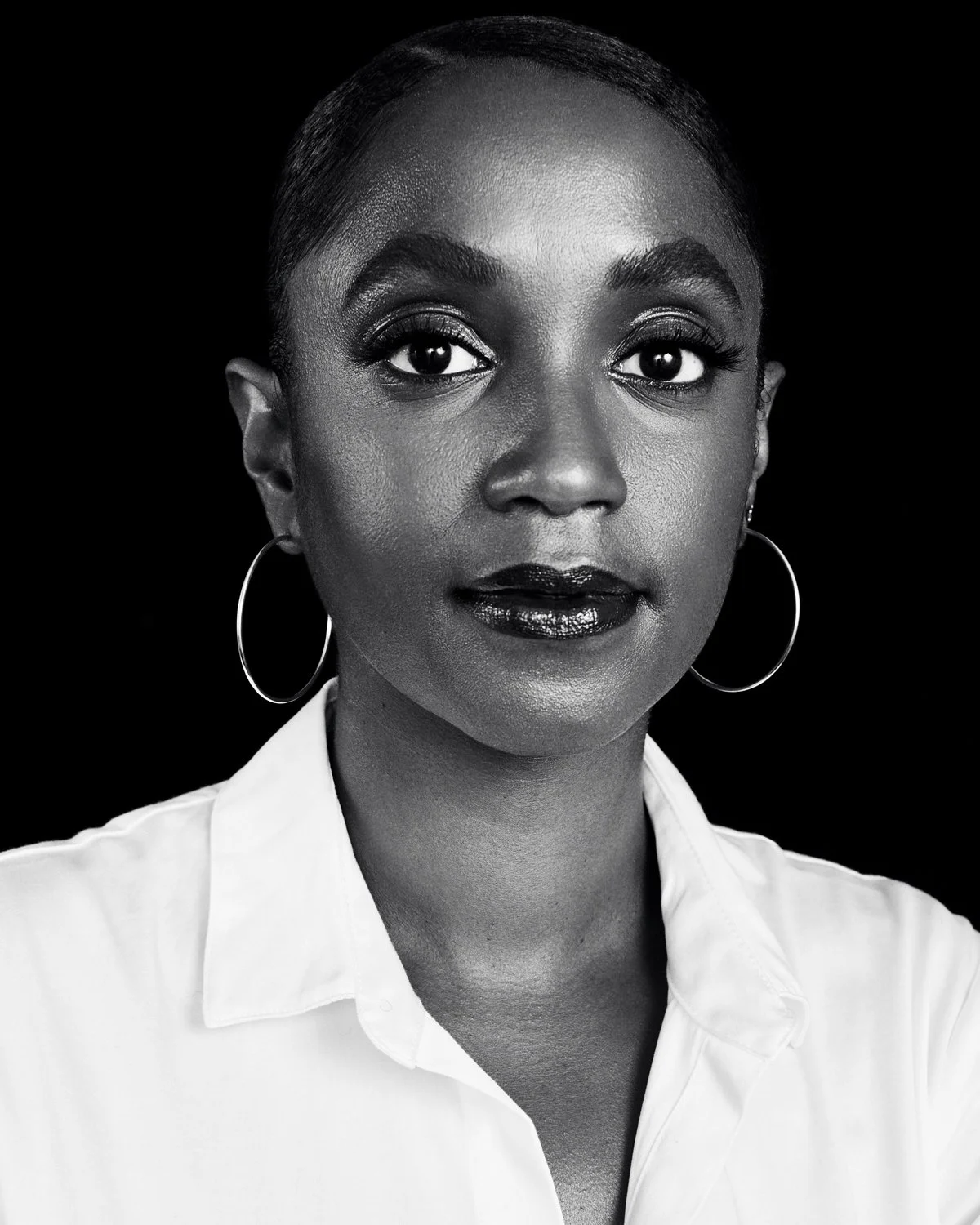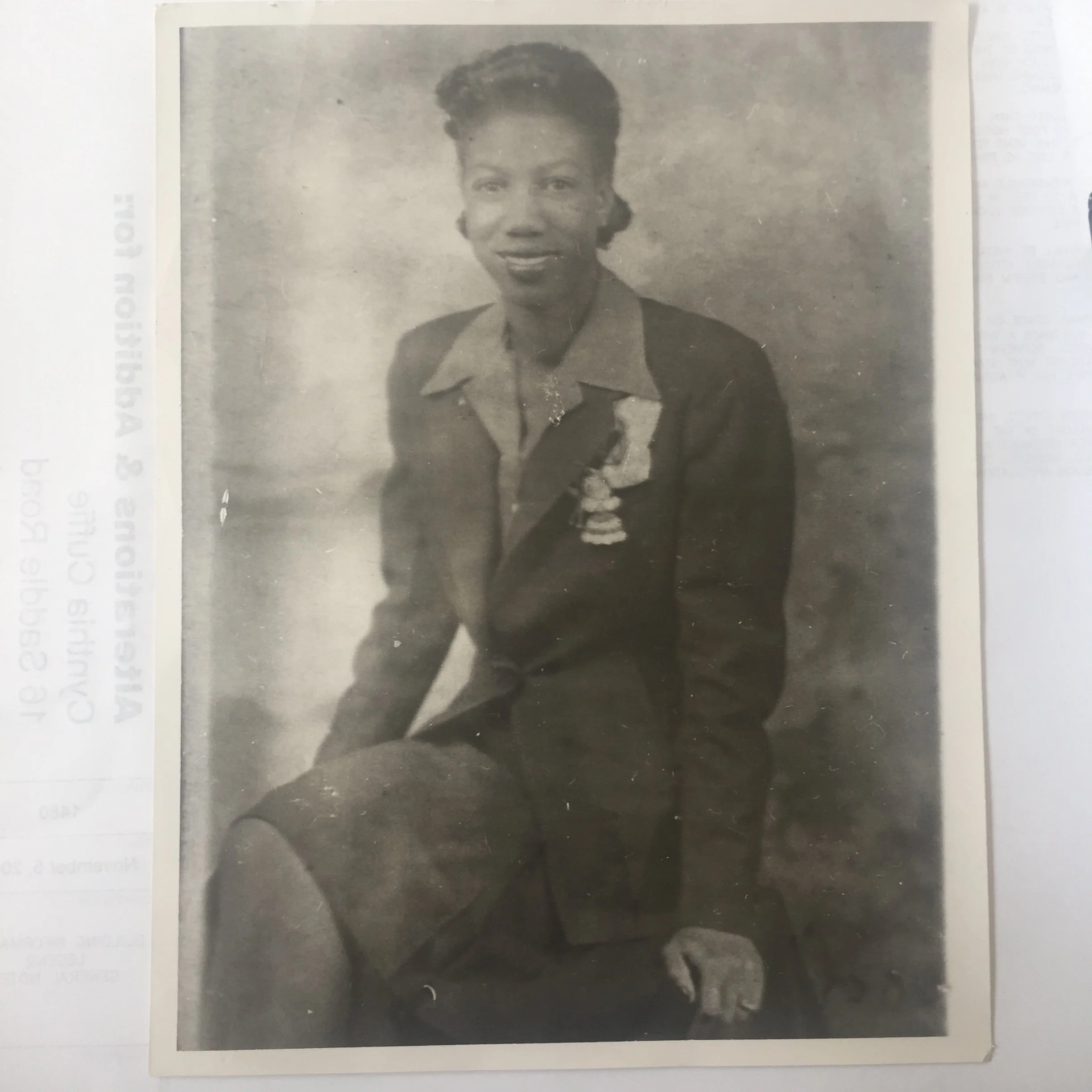
Envisioning an Antiracist Future in the Arts: The Arabella Freeman Series
As an African American harpist, producer and academic, I have an interest in the intersections of the creative process and social history, particularly those stories that haven’t been told or captured mainstream attention.
Over the last decade, I have had the opportunity to get to know Harkness as my sister-in-law and as a fellow artist. We have shared many conversations about our respective experiences in the creative and performing arts and our attempts to leverage our works to identify and break down societal barriers.

Envisioning an Antiracist future in Classical Music
Does classical music provide a safe place for authentic black stories? If not, how can we imagine a more inclusive, anti-racist future for the field? My students and I prefaced our study of opera with the following exercise: You and your creative team are given a budget of $20 million to produce an opera. What’s the story, who are the main characters, and who wrote the music?

Fred and Lutrell
“Ma, what do you think? She definitely has a little bit of Fred in her,” my mother would say with a concerned wink in her eye. I never got to know my grandfather Fred Cuffie, who died before I was born. As I get older, I find myself not only looking closely at the very qualities that make me who I am, but also searching for a deeper understanding of where those same qualities come from.

Bernard and Eloise
On this particular Memorial Day, I found myself wanting to learn about its history. I knew it honored those men and women who lost their lives defending our country’s freedoms. But when did it actually start? The tradition began after Civil War, a war that claimed more lives than any other in American history; a war that pitted the North against the South; a war that freed slaves from centuries of bondage. There’s that word again – freedom. As both history and the present day continue to remind us, freedom remains a precarious privilege for blacks in this country.